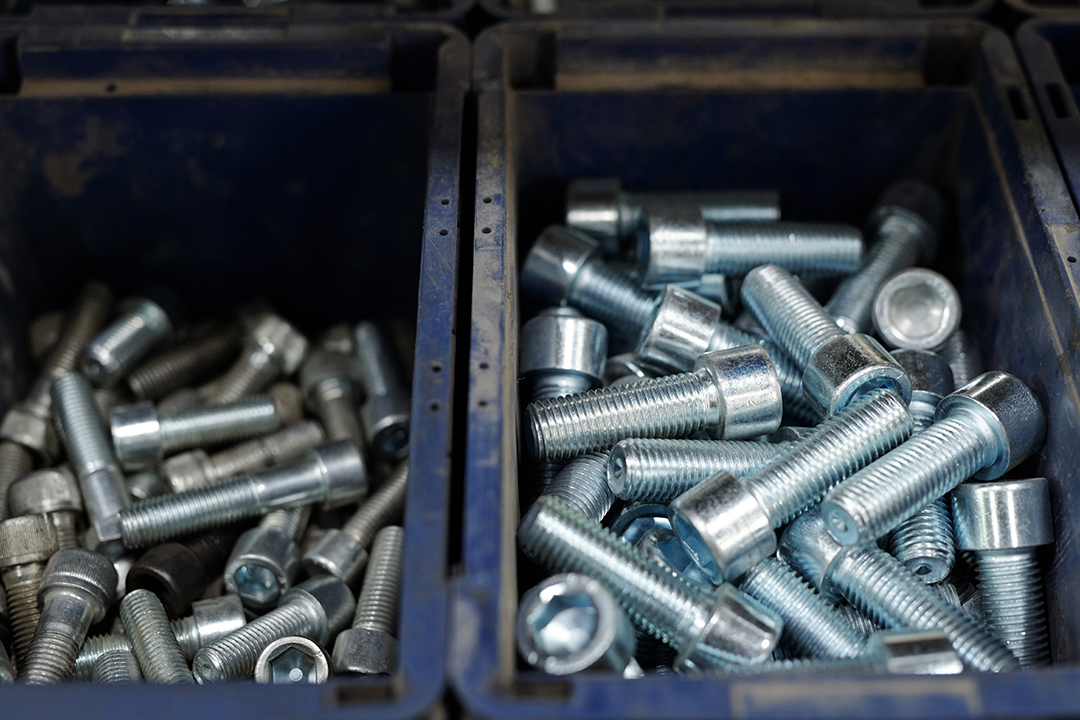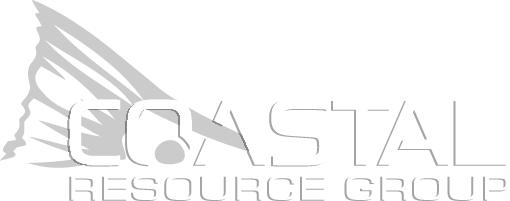Industrial fasteners play a critical role in maintaining structural integrity and operational efficiency in demanding environments. Selecting the right bolt grade ensures safety, reliability, and longevity in high-pressure and high-temperature applications. B7 and B8 bolts are two widely used options, each designed to meet specific performance requirements. While B7 bolts offer exceptional strength, B8 bolts provide superior corrosion resistance, making the choice dependent on the intended use and related environmental conditions.
Material Composition and Manufacturing Process
The composition and manufacturing process of a bolt determines its strength, durability, and suitability for specific applications. B7 and B8 bolts are designed to meet different industrial requirements, with variations in material properties and treatment methods. Understanding these differences helps in selecting the right bolt for high-pressure, high-temperature, or corrosive environments.
B7 Bolts
B7 bolts are made from chromium-molybdenum (Cr-Mo) alloy steel, known for its high tensile strength and heat resistance. These bolts undergo a quenching and tempering process at 1,150°F, enhancing their strength and durability. B7 bolts are commonly used in high-pressure and high-temperature environments, such as pipelines, oil refineries, and power plants.
B8 Bolts
B8 bolts are manufactured from austenitic stainless steel, specifically AISI 304 or AISI 316, providing excellent corrosion resistance. Unlike B7 bolts, B8 bolts come in two classifications:
- B8 Class 1: Solution annealed without strain hardening.
- B8 Class 2: Strain hardened for increased strength.
The key advantage of B8 bolts is their ability to withstand corrosive environments, making them ideal for marine, chemical, and food processing applications.
Mechanical Properties and Strength Comparison
The mechanical properties of a bolt determine its load-bearing capacity, durability, and suitability for different environments. B7 bolts are known for their high strength and heat resistance, while B8 bolts offer varying levels of strength with superior corrosion resistance. The table below provides a detailed comparison of their key mechanical properties.
| Property | B7 Bolts (ASTM A193) | B8 Bolts (Class 1 – AISI 304) | B8 Bolts (Class 2 – AISI 316) |
| Tensile Strength (Min) | 125,000 PSI | 75,000 PSI | 125,000 PSI |
| Yield Strength (Min) | 105,000 PSI | 30,000 PSI | 100,000 PSI |
| Hardness (Max) | 35 HRC | 96 HRB | 35 HRC |
B7 bolts have superior strength and are the preferred choice for high-stress, high-temperature applications. However, B8 Class 2 bolts provide a balance of strength and corrosion resistance, making them suitable for environments where exposure to moisture and chemicals is a concern.
B8 Bolt Temperature Rating and Performance
Temperature resistance is a critical factor in bolt selection, especially in industries where extreme heat or cold is a concern. Bolts exposed to high temperatures must retain their mechanical properties without significant loss of strength, while those used in cryogenic environments should resist brittleness and fractures. B7 and B8 bolts offer different levels of temperature tolerance, making it essential to choose the right material for specific applications.
B7 Bolt Temperature Limit
B7 bolts are engineered for high-temperature applications but have limitations when exposed to extreme heat or cold. Their composition allows them to maintain strength in elevated temperatures, but they are not designed for cryogenic use, where low-temperature embrittlement can be a concern.
- Effective up to: 1,100°F (593°C).
- Not recommended for: Cryogenic (low-temperature) applications.
B8 Bolt Temperature Rating
B8 bolts, made from austenitic stainless steel, provide excellent performance in both high-temperature and cryogenic environments. Depending on the class, they can withstand significantly higher temperatures than B7 bolts, making them suitable for applications involving prolonged heat exposure.
- Class 1: Suitable for temperatures up to 1,500°F (815°C).
- Class 2: Withstands 1,500°F (815°C) and higher, depending on the specific alloy.
- Performs well in: Low-temperature and cryogenic applications.
B8 bolts outperform B7 bolts in high-temperature and corrosive environments, making them the preferred choice for industries requiring prolonged exposure to extreme conditions.
Corrosion Resistance and Coatings
Corrosion resistance is a key factor in determining the longevity and reliability of industrial fasteners, especially in harsh environments. Exposure to moisture, chemicals, and extreme weather conditions can weaken bolts over time, leading to structural failure. While B7 and B8 bolts serve different purposes, their ability to withstand corrosion varies significantly based on material composition and protective coatings.
B7 Bolts
B7 bolts, made from chromium-molybdenum alloy steel, offer high strength but are prone to corrosion, especially in marine, chemical, and high-humidity environments. Without additional protective measures, these bolts can rust and degrade over time. To enhance their resistance, various coatings can be applied:
- Hot-dip galvanizing (HDG): Provides strong corrosion resistance by adding a thick zinc coating.
- Black oxide: Enhances oxidation resistance and provides a minimal level of protection.
- Yellow zinc plating: Offers mild corrosion protection while maintaining a clean appearance.
B8 Bolts
B8 bolts, manufactured from austenitic stainless steel (AISI 304 or AISI 316), offer natural corrosion resistance without requiring additional coatings. Their stainless steel composition prevents rust formation, making them the preferred choice for applications where exposure to moisture, chemicals, or extreme temperatures is a concern.
Due to their high resistance to oxidation and rust, B8 bolts are widely used in industries such as offshore drilling, food processing, pharmaceuticals, and medical equipment manufacturing.
Applications: Where to Use B7 and B8 Bolts
Selecting the appropriate bolt type is essential for ensuring safety, longevity, and efficiency in industrial applications. The choice between B7 and B8 bolts depends on the environmental conditions, mechanical stresses, and specific industry requirements. While B7 bolts are ideal for high-strength, high-temperature applications, B8 bolts are preferred for their corrosion resistance in harsh environments.
Common Uses for B7 Bolts
B7 bolts are widely used in applications that demand high tensile strength, heat resistance, and structural integrity. These bolts excel in environments where high pressure and extreme temperatures are common.
- High-pressure and high-temperature applications: Used in boilers, turbines, and high-heat industrial settings.
- Power plants, oil and gas refineries: Essential for securing critical infrastructure components.
- Pipelines, pressure vessels, and structural components: Provide strength and reliability in demanding environments.
Common Uses for B8 Bolts
B8 bolts are best suited for environments that require corrosion resistance and durability in extreme temperatures. Their stainless steel composition makes them ideal for industries where exposure to moisture, chemicals, and high heat is common.
- Corrosive environments: Widely used in marine, chemical processing, and offshore applications.
- Food production, pharmaceutical, and medical applications: Preferred for industries requiring sanitary and rust-resistant fasteners.
- High-temperature environments: Suitable for applications exceeding 1,000°F, including furnaces and heat exchangers.
Coastal Resource Group: Your Trusted Industrial Supply Partner
At Coastal Resource Group, we understand the importance of high-quality industrial fasteners. Whether you need B7 bolts for high-pressure applications or B8 bolts for corrosion-resistant environments, we have the right solution for your business.
Why Choose Coastal Resource Group?
- Fast delivery: We ship quickly from Texas to keep your projects on track.
- Comprehensive inventory: From bolts and fasteners to HDPE pipes, welding equipment, and fittings.
- 24/7 availability: Our team is always ready to assist with urgent industrial supply needs.
Get in touch with us today to ensure your operations run smoothly with the best quality bolts and supplies.


